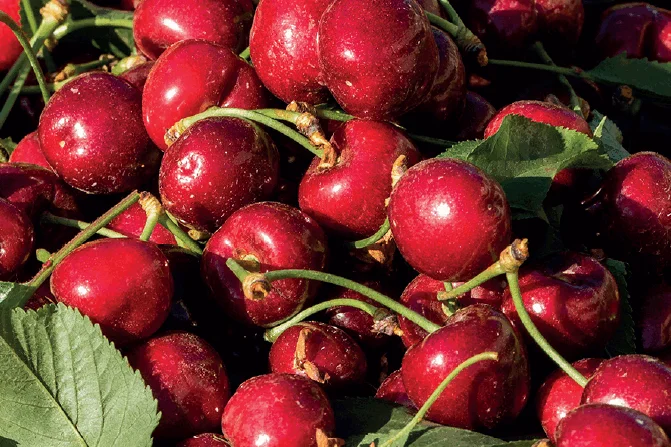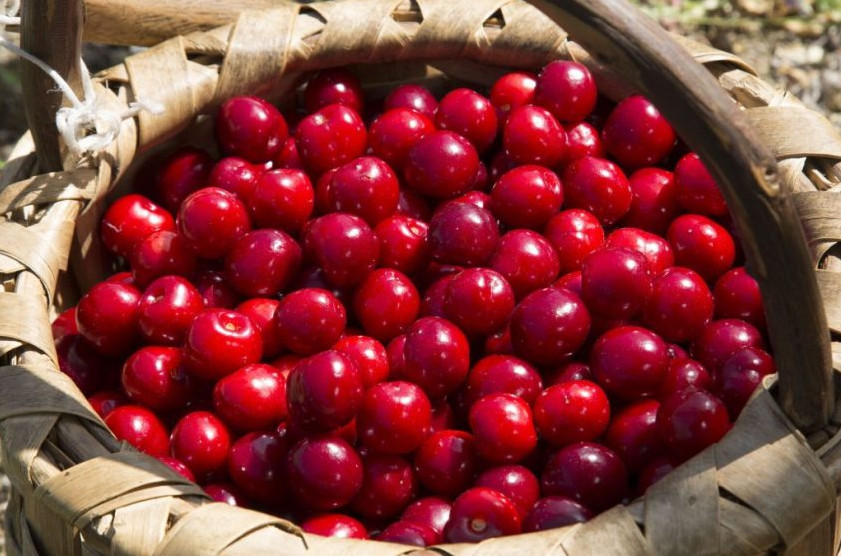Heavy metals and abiotic stresses such as cold, salt, and drought pose significant challenges to the survival and productivity of plants. Understanding how plants manage these stresses at the molecular level can lead to the development of more resistant crops. A recent study by Guizhou University analyzed the role of a specific protein, PavHIPP16, in sweet cherry (Prunus avium) and its response to cold stress.
Previous research has identified the importance of proteins associated with heavy metals in plants. For example, it has been shown that the HIPP26 protein in Arabidopsis thaliana is involved in responses to cold stress, salt, and drought[2]. HIPP26 interacts with the transcription factor homeodomain zinc finger ATHB29, which is fundamental for the response to dehydration stress.
Additionally, a comprehensive study of metal-chaperone-like proteins in Arabidopsis revealed a broad family of HIPP and HPP, implicated in the detoxification of heavy metals and stress responses.
The new study builds on this foundation and focuses on PavHIPP16 and its role in cold stress tolerance in sweet cherry. Researchers overexpressed PavHIPP16 in tobacco plants to observe its effects under low temperature conditions.
The overexpression (OE) lines showed significantly better growth compared to the wild-type (WT) plants. Key indicators such as the germination rate, root length, and fresh weight were all higher in the OE lines.
Furthermore, the study measured several physiological and biochemical parameters to understand the mechanisms behind this improved cold tolerance. The relative conductivity and malondialdehyde (MDA) content, both indicators of cellular damage, were lower in the OE lines compared to the WT plants.
Conversely, the activities of antioxidant enzymes (peroxidase, superoxide dismutase, and catalase), hydrogen peroxide levels, and the contents of proline, soluble proteins, and soluble sugars were significantly higher in the OE lines. These results suggest that PavHIPP16 enhances cold tolerance by improving the plant's antioxidant defense system and osmotic regulation.
Interestingly, the study also identified an interaction between PavHIPP16 and PavbHLH106, a basic helix-loop-helix (bHLH) transcription factor. This interaction was verified through yeast complementation and luciferase assays. The co-regulation of these proteins appears to be a crucial component of the cold tolerance mechanism in plants.
The results of this study are consistent with previous findings on the role of HIPP in stress responses. For example, HIPP26 in Arabidopsis also interacts with a transcription factor (ATHB29) and is involved in stress responses. Similarly, the role of HIPP in the detoxification of heavy metals and stress response has been highlighted in previous studies.
Read the full article: Natural Science News
Image: MSU
Cherry Times - All rights reserved










